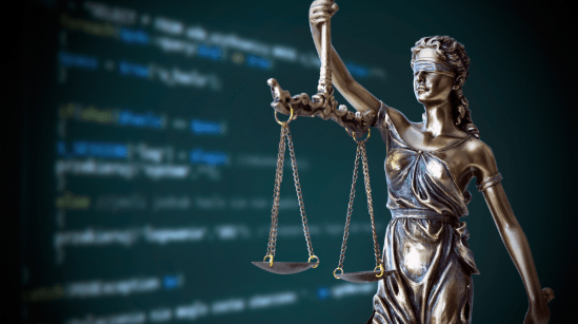Featured Posts

Blog
A year end blessing: No net neutrality
As we approach the end of the year, it’s a natural time to reflect on what we’re grateful for. While many blessings come to mind,…

News Release
New CEI paper: FCC should stop regulating news content
The Federal Communications Commission (FCC) has long used its role in licensing spectrum to broadcast television and radio stations to regulate those outlets under the…

Blog
Free Speech Week: The speech that ignited a revolution — and still speaks to us today
A Richmond story, a Virginia legacy, and the American ethos Richmond is my home city. My family has lived in Virginia for generations, and our…
Search Posts
Op-Eds
Here Is A Catalog Of Trump’s Threats To Regulate Social Media
The major print and cable television news media outlets are abuzz with stories of Twitter fact-checking President Donald Trump’s tweets. Alleged…
Blog
Presidential Panel on Social Media Bias Misfires
Last week, The Wall Street Journal reported that the Trump administration is considering forming a panel to investigate charges of discrimination against right-leaning users and…
Blog
Glaring Problems with Latest Right-Wing Attack on Section 230
A recent opinion editorial in Newsweek is the latest salvo from the political right against Section 230 of the Communications Decency Act. Couched in criticisms…
Washington Examiner
Why is there bipartisan support for limiting online liberty?
Facebook recently announced the first 20 members of its independent Oversight Board on content moderation. Many criticized the political bent of the majority of the…
Blog
Let Local News Outlets Bail Each Other Out
Allowing common ownership of newspapers and broadcast stations would allow them to achieve economies of scale in their sales departments and other keys aspects of…
Blog
CEI Submits Comments to FCC Reinforcing Public Safety Benefits of Internet Freedom
Last year, the D.C. Circuit Court of Appeals upheld virtually all of the FCC's Restoring Internet Freedom Order. This order, issued in 2017, rolled back…